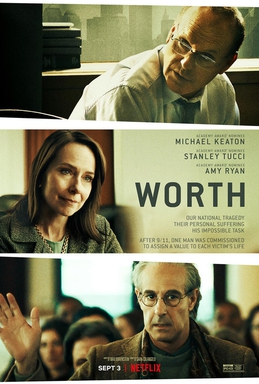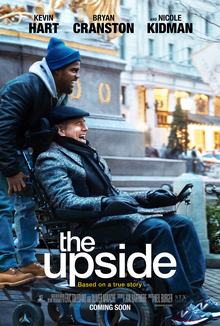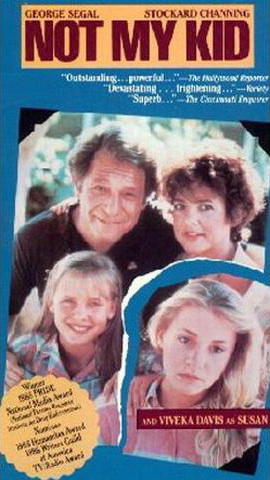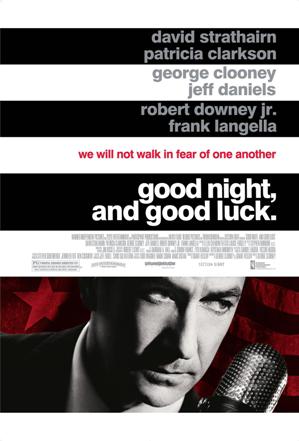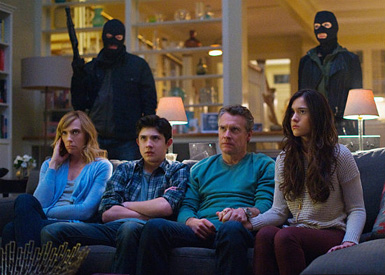How much is one life worth?
That’s the question that is asked in a film that’s appropriately titled Worth.
Based on a true story, Worth centers around Kenneth D. Feinberg. Played by Michael Keaton, Fienberg was the Washington lawyer who, in the days after 9/11, was appointed the Special Master of the September 11th Victims Compensation Fund. In that role, Feinberg was in charge of determining how much money should be given to the families who lost someone in the 9/11 attacks. At first, Feinberg tries to reduce his job to just numbers. He resists the efforts of his law partner, Camille Biros (Amy Ryan), to convince him to meet with any of the families one-on-one. Instead, he tries to make it all about how much the victims would have earned if they had lived. When Camille tries to get him to listen to a recording of the final phone call of a man trapped in the Pentagon, Feinberg refuses to do it.
Not surprisingly, Feinberg gets a reputation for being insensitive and many of the families signal that, rather than accepting the government’s compensation, they would rather sue the airlines and the city of New York, a move that we’re told could crash the U.S. economy or bankrupt the families or both. It’s only after the workaholic Feinberg makes the mistake of staying in the office after everyone else has left that he actually meets one of the families. With the help of activist Charles Wolf (Stanley Tucci), Feinberg finally starts to care about the people behind the numbers.
Worth is a bit of an old-fashioned film, a throw-back to the type of well-meaning, competently produced films that used to come out every December so that they could compete for the Academy Awards. Even the film’s rather stolid, middle-of-the road liberalism feels like an artifact of another age. (I had to laugh a little when the film assured us that, despite sometimes coming across like a jackass, Feinberg was a good guy because he had been a senior aide to Ted Kennedy, the senator who left a woman to drown in a car while he went back to his hotel and got some sleep.) At a time when Adam McKay is being treated as a serious thought leader and Aaron Sorkin has somehow been recast as a sensible moderate, Worth’s fairly even-handed and nonjudgmental approach feels like almost an act of rebellion. That said, Worth’s approach works for the story that it’s telling. 9/11 was such a huge tragedy that it doesn’t need to be talked to death, as it would be in a Sorkin film. Nor do we need the heavy hand of Adam McKay to tell us that there’s something inherently disturbing about reducing the value of someone’s life to a mere number. Unlike the films of McKay, Sorkin, or Jay Roach (Hell, why not throw him in there, too?), Worth trusts the audience to be able to figure out certain truths on its own. After a decade of heavy-handed political agitprop, Worth’s nonshowy approach is actually a bit refreshing.
As a character, Kenneth Feinberg is not always easy to like. That’s especially true during the first half of the film, when Feinberg seems to be more interested in the challenge of running the compensation fund as opposed to the people that he’s supposed to be helping. When the film begins, Feinberg is the epitome of the technocrat who can figure out the numbers but who has no idea how to actually deal with human beings. Fortunately, Feinberg is also played by Michael Keaton, who is one of the few actors to be capable of projecting the natural authority necessary to make Feinberg compelling without also resorting to begging us to like the character. Keaton does a good job portraying both Feinberg’s quick mind but also his social awkwardness. When we first meet him, he’s someone who has been an insider for so long that he can’t even imagine that an outside exists. Keaton plays him as a man who does not mean to be callous but who is so work-obsessed that he doesn’t understand how his job comes across to other people. Even more importantly, though, Keaton does a good job of portraying Feinberg’s transformation from being a detached bureaucrat to being someone who actually cares about the people who will effected by his decisions. A lesser actor would have overplayed these scenes and the film would have felt mawkish. Keaton underplays and it saves the film.
As I said before, Worth is an old-fashioned film. Visually, it sometimes resembles the type of movie that HBO used to win Emmys with in the mid-aughts. Keaton so dominates the film that, only afterwards, do you realize that the talented supporting cast was often underused. Worth is not a perfect film but it is a good film and a thought-provoking one. It’s currently showing on Netflix.
